(Originally on Bloomberg) — Once recreational marijuana becomes legal in Canada, Garnet Amundson says it will get a lot harder to find the workers he needs at Essential Energy Services Ltd. And he isn’t the only employer who’s worried.
Essential Energy provides services to oil and natural-gas drillers across Canada, and its employees handle volatile chemicals, operate heavy equipment and work with high-pressure pipes and valves. In short, it can be a dangerous job if safety procedures aren’t followed to the letter. That’s why the Calgary-based company only hires people who pass a drug test.
The problem — one that many companies are wrestling with — is that the active ingredients in marijuana can remain in a person’s bloodstream for weeks, long after the high is gone. At the moment, there’s no way to tell whether a candidate indulged in pot at home over the weekend or smoked a joint in the car on the way to the job interview. And if legal weed boosts casual pot usage, there’s a risk that fewer applicants will be clean enough to hire…


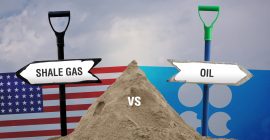






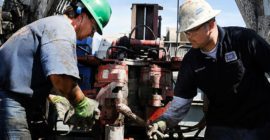












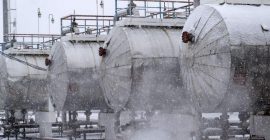
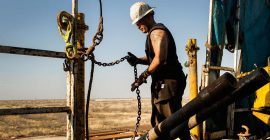






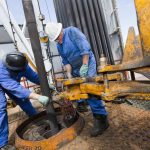





Paul
It’s becoming more and more obvious that the affects of marijuana are misunderstood by those that have never imbibed. Regardless, a good interviewer should be able to tell if a prospective employee is a responsible adult that would know better than to endanger their own safety by reporting to work stoned. Everyone that has ever gotten high understands how it affects their individual concentration and focus and if they plan on being good employees and want to protect their reputation, they won’t ever chance that by working high. Employers may not be able to prove if someone were high at work, but they can prove incompetence and the inability to do their jobs well and that would a a basis for ending employment.